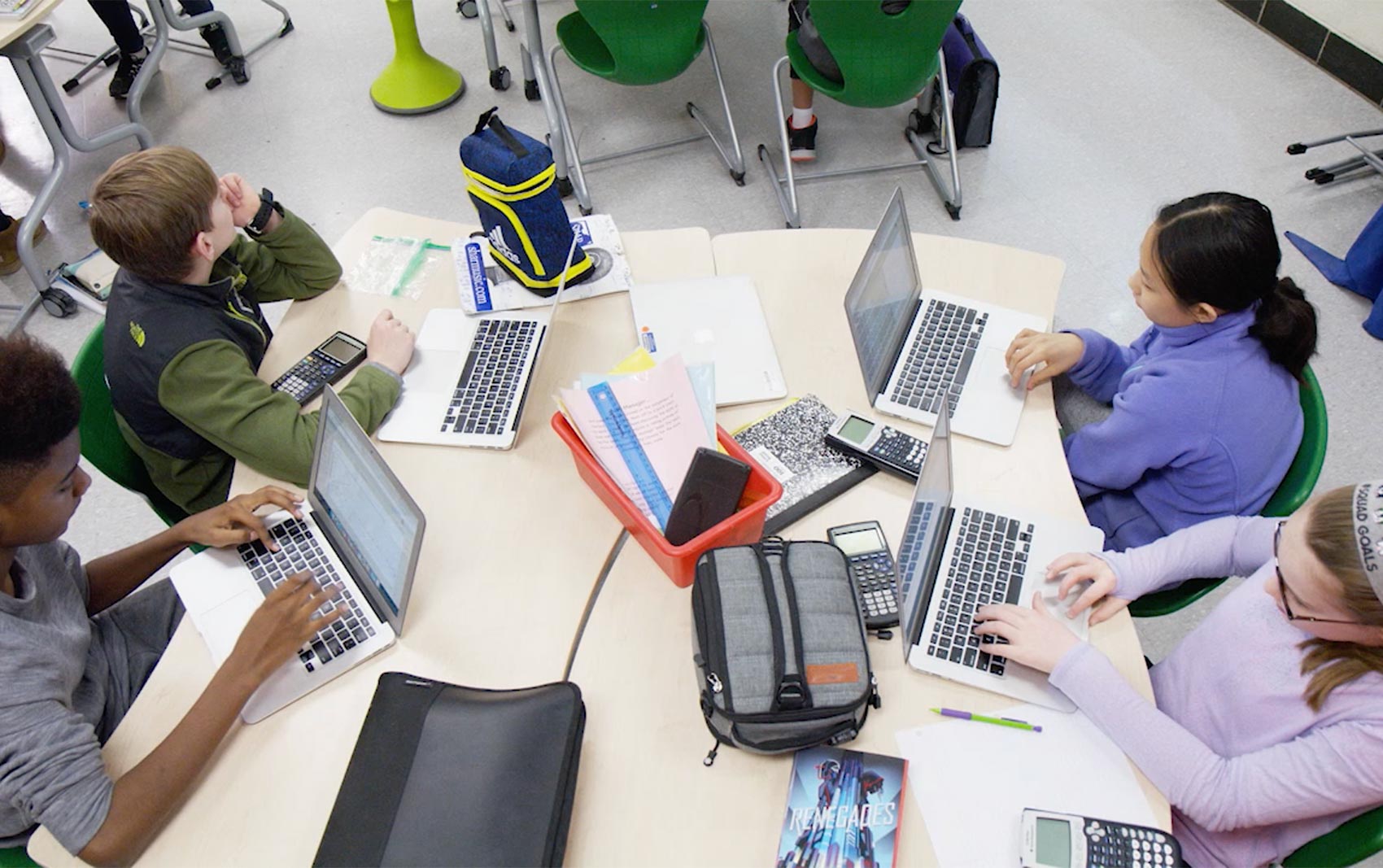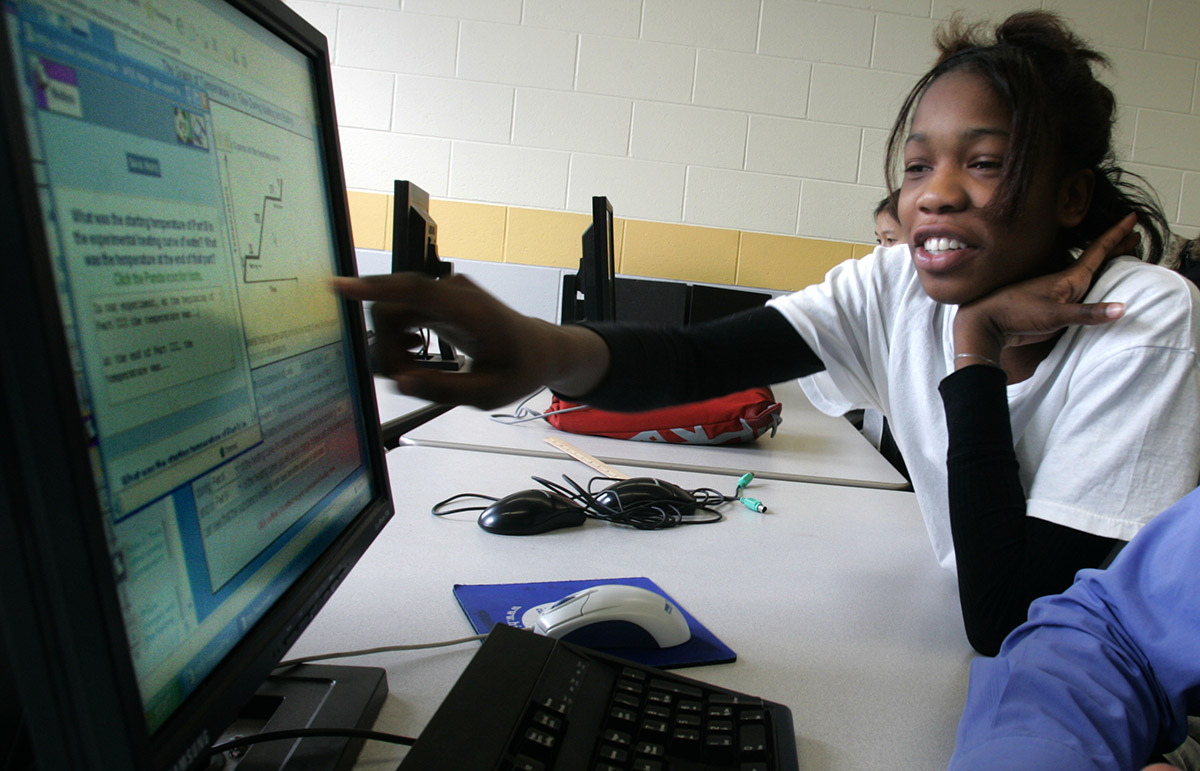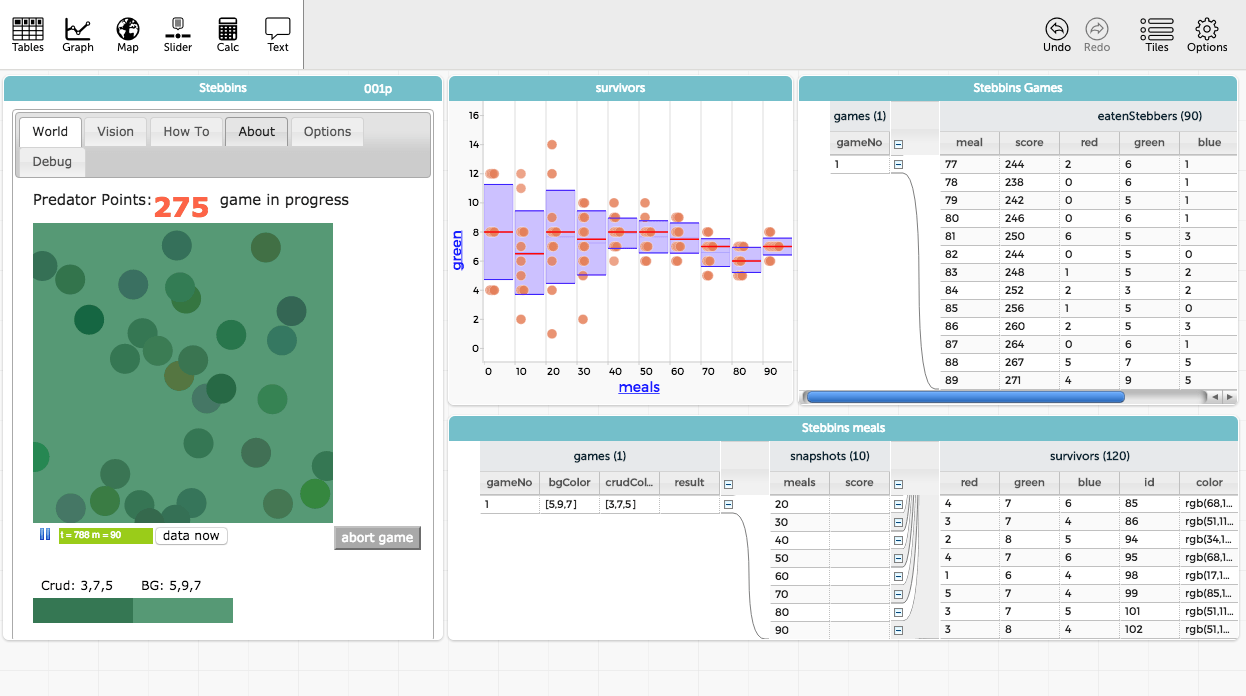Mathematical Modeling with M2Studio
Importance
The world is filled with critical, unanswered questions. How quickly will an infectious disease spread and how can different interventions limit, or even stop, its spread? How will sea level change affect coastal populations? Mathematical modeling is the way to tackle problems that demand quick responses and accurate answers. Powering science, engineering, economics, and many other subjects with quantitative analysis and simulation methods, mathematical modeling is an indispensable practice across disciplines.
Educators and policymakers recognize that engaging students in mathematical modeling is crucial. Modeling with mathematics is part of the Common Core standards. Students are expected to be able to create mathematical models that reflect real-world problems and that can be tested and validated. By their nature, however, real-world problems are open-ended and ill-structured. Their complexity presents a critical barrier for beginners who have not yet developed skills at planning and executing the multi-step, nonlinear modeling process.
The M2Studio project is developing a new, unified learning environment to scaffold students as they engage in the many unique challenges of mathematical modeling, regardless of their previous experience. Building on the foundations of CODAP and SageModeler, the M2Studio software will offer flexible workspaces for students to generate and work with their ideas in multiple representations that are seamlessly linked to each other. These representations will be delivered through two curriculum modules, optimized to foster student agency and ownership in the mathematical modeling processes. Each module will also count with formative assessment tasks, designed to support students in performing self assessments and teachers in gauging student learning.
Research
Project research will explore the ways in which students develop mathematical modeling competencies in the M2Studio-supported learning environment and evaluate various pedagogical approaches that leverage the technology affordances.
We are investigating three primary questions:
- How can technology-enhanced learning environments be designed to help students develop mathematical modeling competencies?
- How can learning activities be designed to best leverage the affordances of the M2Studio software to support student development of math modeling competencies?
- To what extent, for whom, and under what teaching contexts are the M2Studio curriculum modules useful in developing students’ mathematical modeling competencies?
Publications
- Wiedemann, K. (2024). Navigating the world of units in m2studio. @Concord, 28(1), 12–13.
- Ellis, R. (2023). Monday’s lesson: Are we there yet?. @Concord, 27(2), 7.
- Chao, J., & Galluzzo, B. (2022). Math modeling with m2studio. @Concord, 26(2), 12–13.







